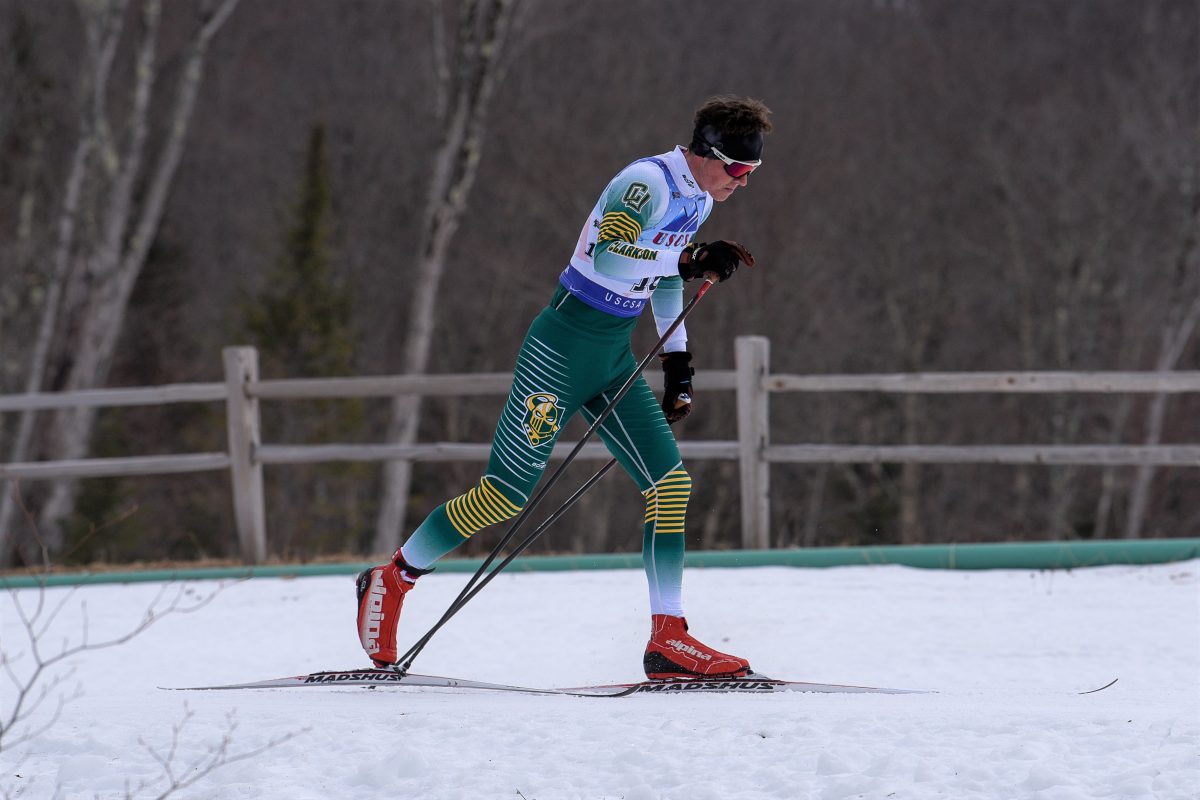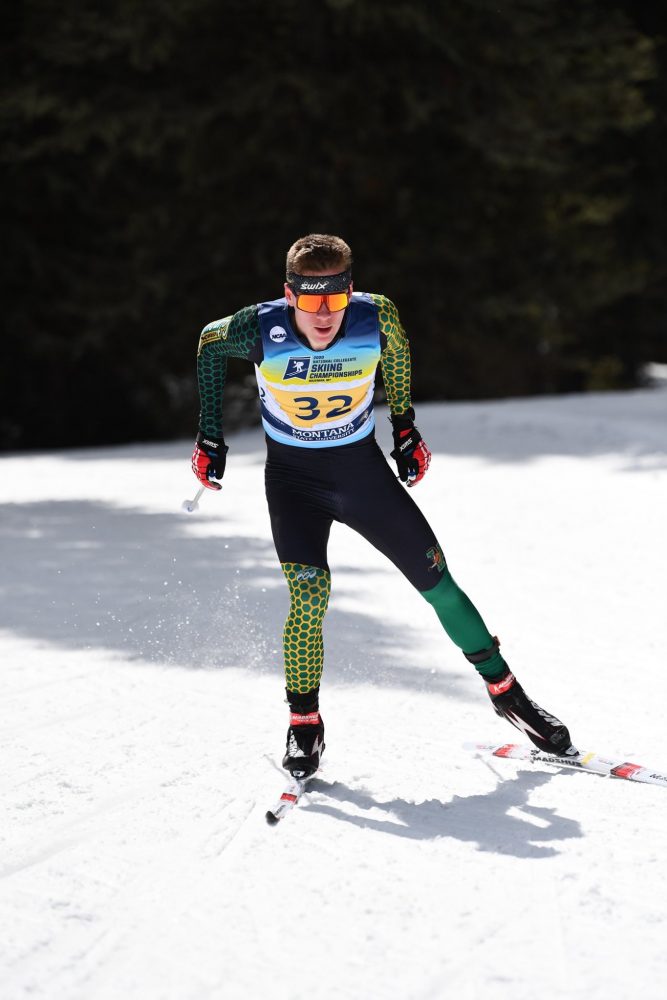Russian cross-country skier Natalia Matveeva (also spelled Matveyeva) tested positive for the banned substance EPO at the World Cup event in Whistler. Russian sprint team coach Tatyana Revina has passed the positive result off as a mistake. Results of B-Sample testing have not been released yet.
Matveeva, 22 years old, is one of the top performers on the Russian team. She has five individual top 10 finishes this season, including a second in Dusseldorf, and also teamed with Natalia Korostoleva to win the Team Sprint that same weekend. She just missed a medal in Liberec, finishing fourth in the freestyle sprint.
Earlier this season, several Russian biathletes tested positive for EPO, resulting in bans.
Russian President Dmitry Medvedev has called for better testing in Russia, claiming that current methods are outdated. Earlier this winter, Prime Minister Vladimir Putin floated the idea of a state doping control system.
Read more about Medvedev’s comments:
Russian president urges tougher doping control
In additional doping news, two athletes were prevented from starting at the Falun World Cups – Sergei Dolidovich (BLR) was over the legal hemtocrit level, but not outside the normal range given his historical measurements. He was suspended for five days. Dolidovich has been suspended for elevated hemoglobin several times in the past.
Christian Hoffman (AUT) also tested too high, and will miss a total of 14 days.
This is not considered a positive test for a banned substance. The FIS regularly prevents athletes from starting due to raised hemoglobin levels. High levels can be due to illegal doping, but can also be caused by dehydration, altitude, and some athletes have naturally higher levels.





One comment
Pingback: Ладушки.Net » Blog Archive » Posts about Putin as of 27/03/2009